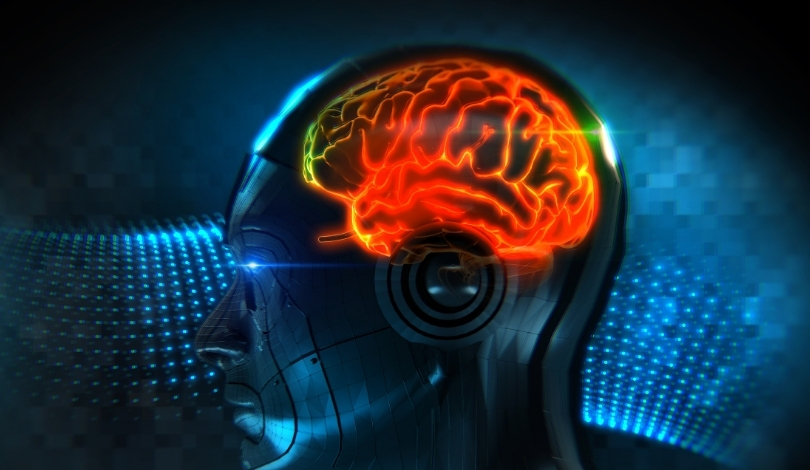Across the healthcare landscape, hospitals face mounting costs and evolving patient needs, driving an urgent search for technology solutions that can deliver measurable value. Artificial intelligence is no longer a fringe innovation; its impact now extends to daily activities like documentation and patient management. Behind the glossy headlines, healthcare providers are critically assessing which AI tools fit their unique workflows and which merely automate isolated tasks. Competition among brands and platforms—ranging from OpenAI’s general AI products to specialized medical tools—underscores the high stakes of real-world integration. With AI’s potential, hospitals are not only seeking efficiency but also aiming to improve staff satisfaction and sustain quality care delivery in challenging times.
Earlier discussions about AI in healthcare primarily focused on diagnostic applications, such as cancer detection and predictive analytics. Many past implementations, such as electronic health records and machine learning systems, promised elevated productivity, but widespread impact often fell short due to workflow misalignment and limited adoption. Now, the outlook emphasizes embedding AI into broader care operations, with hospitals ramping up their commitment to comprehensive workflow transformation. While initial efforts centered on automating documentation or singular administrative tasks, industry trends point toward integrating platforms that affect the full patient-care continuum. Organizations now recognize that the value of AI depends on its seamless adoption and sustained use, highlighting the need for agile strategies and inclusive feedback mechanisms.
How Can Hospitals Move Beyond Simple Automation?
Hospitals are transitioning from implementing AI for basic task automation to adopting solutions that re-engineer entire workflows. Rather than focusing solely on clinical note generation, leaders are asking how AI can coordinate all downstream administrative tasks following a patient encounter. This broader approach ensures that platforms support everything from scheduling follow-up appointments to managing billing and orders within one intelligent system. As hospital teams look for lasting solutions, the importance of a strategic, workflow-wide perspective grows.
What Makes Integration Vital to AI Adoption?
Integration into existing systems is now seen as crucial for AI adoption in healthcare settings. Technologies that disrupt established routines or add complexity often face resistance from staff, slowing progress. Embedding AI directly within electronic health records (EHR) minimizes workflow friction, enabling clinicians to realize time savings and reduced administrative burdens. A representative noted,
“Embedding our AI platform within the EHR framework was key to clinician acceptance.”
These practical gains can foster organizational buy-in and may even help with staff retention.
How Do Hospitals Prepare for Lasting Benefits?
Hospitals cultivating an agile approach support long-term success by maintaining feedback loops with frontline staff and technology providers. Adjustments are made as real-world experience highlights what works and reveals further improvements. Forward-thinking organizations maintain close relationships with tech partners, strengthening adaptability as future needs surface. A leader stated,
“Continuous feedback ensures our AI solutions actually improve workflows, not just automate them.”
By building this culture of adaptation, healthcare organizations aim to future-proof their investments and maximize AI’s value for patients and staff alike.
The integration of artificial intelligence into healthcare operations has sparked new models for achieving system-wide efficiency, replacing one-off automations with workflow-centric strategies. Insightful comparison with earlier technology waves, such as EHR rollouts, underlines the need for process-driven adoption over simply layering new tools onto existing practices. For professionals and administrators, successful AI use depends on choosing solutions tailored to clinical realities and linking technology to genuine pain points. Looking forward, a thoughtful, staff-centered approach to AI integration can help hospitals navigate persistent challenges in cost containment, clinician burnout, and patient satisfaction—while positioning them to respond quickly to emerging care needs.
- AI’s impact in healthcare relies on end-to-end workflow integration.
- Embedding AI tools in existing systems leads to greater staff acceptance.
- Ongoing feedback ensures hospitals achieve meaningful operational improvements.










